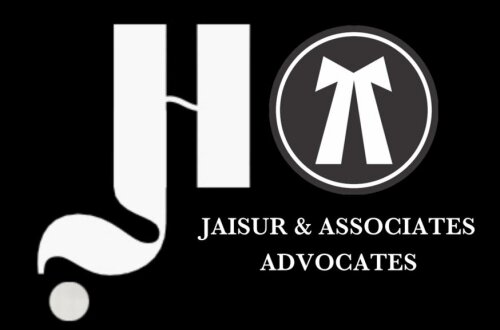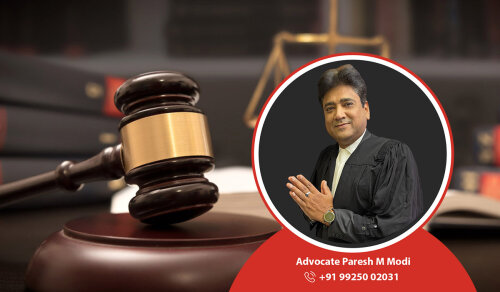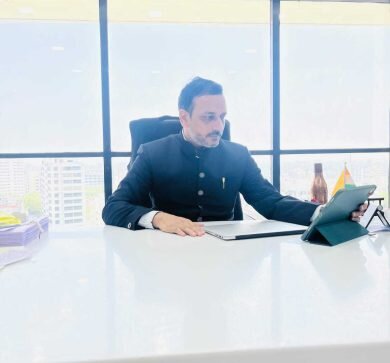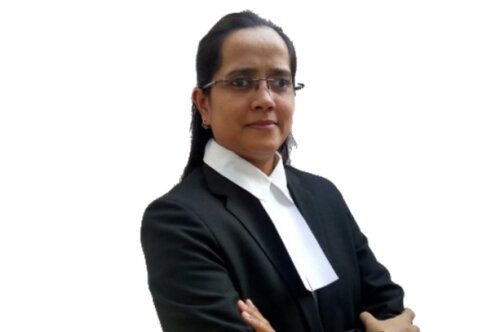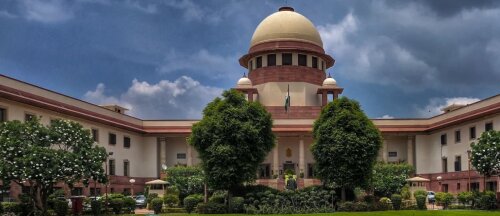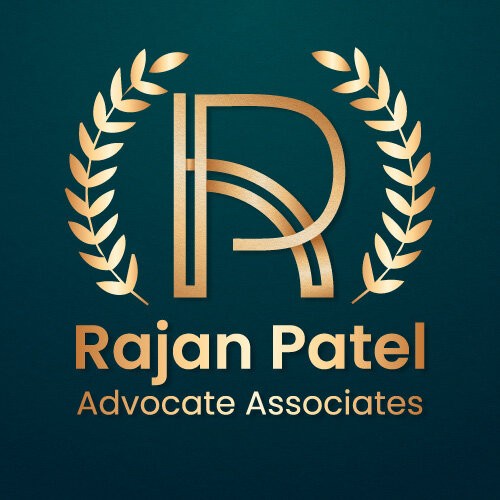Best Collaborative Law Lawyers in Ahmedabad
Share your needs with us, get contacted by law firms.
Free. Takes 2 min.
Free Guide to Hiring a Family Lawyer
List of the best lawyers in Ahmedabad, India
About Collaborative Law in Ahmedabad, India:
Collaborative Law is a process in which parties involved in a legal dispute work together with trained professionals to resolve their issues outside of court. This approach emphasizes cooperation and negotiation, rather than litigation. In Ahmedabad, India, Collaborative Law is gaining popularity as an alternative dispute resolution method.
Why You May Need a Lawyer:
You may need a lawyer in Collaborative Law situations to ensure your rights are protected, to help you negotiate agreements, and to provide legal guidance throughout the process. Common situations where people may require legal help in Collaborative Law include divorce, child custody disputes, and business disputes.
Local Laws Overview:
In Ahmedabad, India, Collaborative Law is not a statutory process, but it is recognized and encouraged as a way to resolve legal disputes amicably. The Collaborative Law process is governed by the principles of confidentiality, neutrality, and fairness. It is important to work with a lawyer who is experienced in Collaborative Law and familiar with the local laws in Ahmedabad.
Frequently Asked Questions:
1. What is the difference between Collaborative Law and mediation?
Collaborative Law involves each party having their own lawyer and working together to reach a resolution. Mediation involves a neutral mediator facilitating communication between the parties.
2. How long does the Collaborative Law process take?
The length of the Collaborative Law process varies depending on the complexity of the issues involved. It can range from a few months to over a year.
3. Can any type of legal issue be resolved through Collaborative Law?
Collaborative Law is best suited for family law matters, such as divorce and child custody disputes, as well as business disputes. It may not be suitable for all types of legal issues.
4. Is Collaborative Law binding like a court decision?
Once an agreement is reached through the Collaborative Law process, it can be made legally binding by filing it with the court.
5. How much does it cost to hire a Collaborative Law lawyer?
The cost of hiring a Collaborative Law lawyer varies depending on the complexity of the case and the lawyer's experience. It is important to discuss fees and payment arrangements upfront.
6. What are the benefits of using Collaborative Law?
Collaborative Law can result in a quicker resolution, lower costs, and more control over the outcome compared to traditional litigation.
7. What happens if the Collaborative Law process is unsuccessful?
If the Collaborative Law process is unsuccessful, the parties may need to pursue other dispute resolution methods, such as mediation or court litigation.
8. Do both parties need to agree to participate in Collaborative Law?
Yes, both parties must voluntarily agree to participate in the Collaborative Law process. If one party is not willing to participate, Collaborative Law may not be an option.
9. Can I still go to court if I engage in the Collaborative Law process?
If the Collaborative Law process is unsuccessful, parties can still pursue their legal rights through court litigation.
10. How can I find a Collaborative Law lawyer in Ahmedabad?
You can find a Collaborative Law lawyer in Ahmedabad by contacting local bar associations, searching online legal directories, or asking for referrals from friends or family who have used Collaborative Law services.
Additional Resources:
For more information on Collaborative Law in Ahmedabad, you can visit the Ahmedabad Bar Association or contact the Indian Collaborative Law Council. These organizations can provide guidance and resources to help you understand the Collaborative Law process.
Next Steps:
If you are considering using Collaborative Law in Ahmedabad, it is important to consult with a qualified lawyer who can guide you through the process. They can help you understand your rights, navigate the legal system, and work towards a fair and mutually beneficial resolution to your legal dispute.
Lawzana helps you find the best lawyers and law firms in Ahmedabad through a curated and pre-screened list of qualified legal professionals. Our platform offers rankings and detailed profiles of attorneys and law firms, allowing you to compare based on practice areas, including Collaborative Law, experience, and client feedback.
Each profile includes a description of the firm's areas of practice, client reviews, team members and partners, year of establishment, spoken languages, office locations, contact information, social media presence, and any published articles or resources. Most firms on our platform speak English and are experienced in both local and international legal matters.
Get a quote from top-rated law firms in Ahmedabad, India — quickly, securely, and without unnecessary hassle.
Disclaimer:
The information provided on this page is for general informational purposes only and does not constitute legal advice. While we strive to ensure the accuracy and relevance of the content, legal information may change over time, and interpretations of the law can vary. You should always consult with a qualified legal professional for advice specific to your situation.
We disclaim all liability for actions taken or not taken based on the content of this page. If you believe any information is incorrect or outdated, please contact us, and we will review and update it where appropriate.





